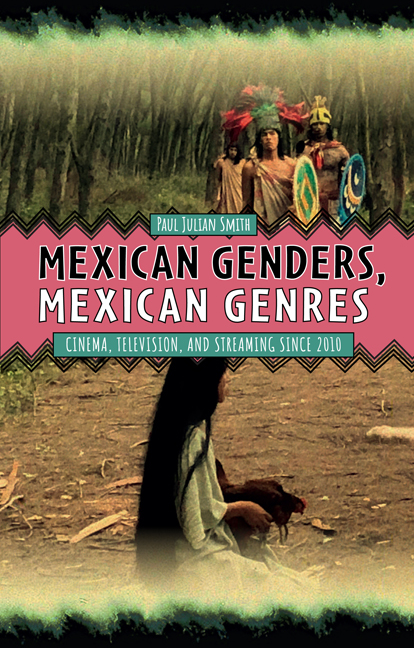3 - Art, Industry, and Affect: Three Mexican Film Festivals
Published online by Cambridge University Press: 09 February 2021
Summary
MORELIA, GUADALAJARA, MIX
This third chapter shifts the focus from the mainstream to the specialist film that maintains its cultural distinction by strategies of legitimation such as the festival circuit. It begins by building on two pioneering book-length studies of Latin American cinema with implications for the study of the topic.
In first place, and most recently, Tamara Falicov's Latin American Film Industries (2019) situates the institution of the film festival and the genre of “festival films” within the geopolitical dynamics of production and distribution, highlighting the golden triangle between Latin America, Europe, and the US and calling attention to the potential for both neo-colonialism and national agency in such international relations. Crucially, Falicov highlights the role of foreign festivals not only in distribution, where independent producers with small marketing budgets rely on the festival circuit and its “positive word of mouth” (100), but also in the funding of Latin American films. Here festivals have an ambivalent role of “helping and hindering” that she also traces in other areas, such as piracy, new technologies, and television. Implicitly coinciding with Bourdieu's twin logic of the dual and irreconcilable economies of art and money (The Rules of Art), Falicov also sketches how industrial mechanisms intersect unstably with notions of cultural distinction and the construction of the canon.
In second place, Laura Podalsky's influential The Politics of Affect and Emotion in Latin American Cinema (2011), more textbased, focuses in less familiar style on the ways in which emotion structures and dramatizes national and international relations in films exhibited mainly at festivals. Podalsky begins her book by citing a list of awards won by Latin American films in the 2000s (most especially Amores perros in Cannes, 1) and also refers to the role of San Sebastián's Horizontes Latinos strand (where I served as a juror) in promoting the region's cinema (181). More typically, she offers close readings of case studies of films that feature extravagant emotional excess, such as Amores perros once more, whose director, Alejandro González Iñárritu, is closely associated with the history of the Morelia festival. Podalsky's more recent essay, “The Aesthetics of Detachment” (2016), expands her focus, counterintuitively, to films by directors who exhibit a conspicuous lack of affect, such as Mexican festival favorites Fernando Eimbcke and Amat Escalante, of whom more later.
- Type
- Chapter
- Information
- Mexican Genders, Mexican GenresCinema, Television, and Streaming Since 2010, pp. 65 - 88Publisher: Boydell & BrewerPrint publication year: 2021



